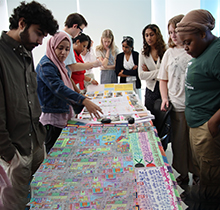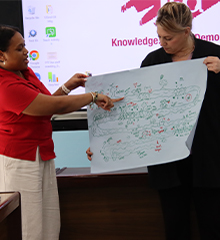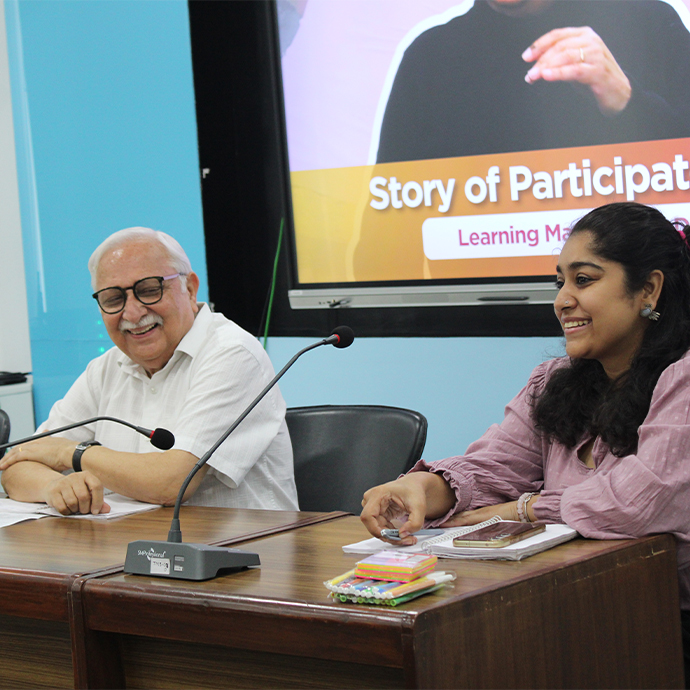About Us
PIA is one of the early providers of systematic capacity building, online learning and training within the context of the development and non-profit sectors in India. Given PRIA’s history and extensive work in the training and capacity building of civil society practitioners and organisations previously, PIA has built a strong reputation for delivering quality online and in-person learning, capacity building and training programmes.
PIA as the educational wing of PRIA draws on practical lessons from the action learning projects PRIA implemented over the last four decades. The educational services offered by PIA are a perfect blend of PRIA’s practice-based experience and academic rigour.









1982
- PRIA is founded
- PRIA applies the principles of participatory research and adult education to design and deliver training programmes for government officials, development workers and activists
- This culminates in the development of the Participatory Training Methodology (PTM), founded on the belief that individuals have the capacity to learn from their experiences and drive social change through reflection and action
- PRIA's Training of Trainers (ToT) workshops equip grassroots activists and change-makers with the tools for critical self-reflection and personal development
1986
- PRIA releases a landmark manual on PTM, which continues to be regarded as a foundational text for development practitioners
- PRIA launches regional ToT programmes in various Indian languages, including Gujarati, Telugu, Bengali, and Hindi
1987
- The methodology goes international, with PRIA organising a workshop in South Korea in collaboration with the Asia South Pacific Association for Basic and Adult Education (ASPBAE)
- The methodology is applied to organisational development (OD), participatory evaluation, and participatory monitoring and evaluation (PME) of civil society organisations and donor agencies
- PRIA’s training programmes evolve to include a focus on gender, facilitating an experiential understanding of gender in everyday life
1990s
- PRIA focuses on developing methods and tools for institutional strengthening of voluntary organisations
- The Management in Development (MIND) programme nurtures hundreds of civil society 'startups' that continue to serve marginalised groups across India today
- PRIA coordinates grassroots voices from the Global South in monitoring the World Bank’s Participation Policy and helps form a global coalition to advocate for capacity building for NGOs from the Global South
2005
- In response to the growing need for systematic learning and challenges faced by civil society—PRIA establishes the PRIA International Academy (PIA)
- PIA adopts a mixed-mode (online + offline) learning approach to share knowledge and skills with practitioners and development actors globally
What sets PIA apart
- Global knowledge leader in participatory methodologies
- Target groups include multiple stakeholders such as students, faculty, field practitioners, managers, trainers, government officials, educators and analysts, among others
- Excellent understanding of contextual nuances at local, national and international levels, given PRIA's 43-year global experience
- PIA's learning programmes are theme agnostic as participatory methodologies apply to all social development areas
- Long standing reputation and partnerships across the world, built on a strong value-system and deep knowledge expertise




